There are two main drivers for maintenance on a forecourt. One is reactive, where something technical breaks down, such as a pump or a car wash, and calling out someone to fix it is the natural solution. But the other type of maintenance, preventative, is if anything more important, and can often lead to a lower-cost service or repair before it becomes a bigger problem. And preventative maintenance is not just good for business and avoiding costly downtime, it is also a vital protection for businesses in increasingly litigious times.
Neil Simms, health and safety manager at Suresite, a market leader in risk management for over 20 years, says: "Regular maintenance, inspection and testing of the forecourt and its facilities is crucial to contribute to an effective due diligence system. Working with a specialist organisation such as Suresite, with its dedicated health and safety professionals, an operator is able to build a robust due- diligence system as part of day-to-day forecourt maintenance. Without such a system being in place, operators leave themselves open to litigation, potential insurance claim refusals and, in the worst case scenarios, prosecution by enforcement authorities."
A major piece of legislation governing the operation of petrol filling stations is the Dangerous Substances and Explosive Atmosphere Regulations 2002. A requirement under these regulations is that any release of a dangerous substance, which may give rise to risk, is suitably collected, safely contained and removed to a safe place.
Simms explains the importance of compliance as part of an operator’s regular maintenance and testing of the forecourt and its facilities. He says: "It is imperative that suitable controls are in place to deal with fuel spills that may occur on the forecourt and, in particular, those that could occur during the process of receiving a delivery. As we enter autumn, many operators find their forecourt drainage systems becoming blocked by fallen leaves and debris, thereby rendering their usual spill controls less than effective and, in some cases, of no use at all. With busy schedules in the day-to-day running of a filling station, operators can easily overlook such basics within their control system and therefore unwittingly become more vulnerable to increased risk of non-compliance and all that is associated with it."
While some maintenance can be carried out by the forecourt team, a lot of the technical equipment and structures need the assistance of third parties. When it comes to canopies and signage Global-MSI has a long track record of both erecting new ones and maintaining existing ones, and the acquisition of its sister company Petrol Sign means it can now handle signage as well.
Business development director Andy Kennedy says about 90% of the company’s maintenance work is reactive. He explains: "The customers tend to leave it until the canopy leaks or the lights are out, or if there is accident damage. But we do some planned maintenance for the oil companies and brands. In the long run, he says planned maintenance can work out much cheaper than waiting until something goes wrong. "With planned maintenance we can identify issues far earlier and it’s more cost-effective to carry out the repair at that time. A minor leak that could cost a few hundred pounds to remedy, if it is left, can turn into a major corrosion issue that will cost thousands to repair down the line." Planned maintenance depends on the customer’s requirements. It could be an external visual inspection and a report, clean out the gutters and make sure the drainage inside the canopy is all clear, through to a full internal inspection. For this some sections of the roof sheeting are removed so photos can be taken inside the canopy and and a full structural report produced."
Global-MSI has warned the forecourt sector about the danger of corrosion in older canopies, but Kennedy says they still find some canopies with severe corrosion and sometimes it has been like that for several years.
He says: "If it’s behind signware and you don’t see the structure, without any maintenance or inspection, then the customers are unaware of the condition of the steelware underneath."
Kennedy says having Petrol Sign join the group has brought in a significant amount of extra work with existing customers and new customers. He explains: "Being able to offer the service of doing the signware and the structural work on the canopy together seems to be a winning formula for our customers." Previously customers would have to deal with two different companies if there was damage to canopies and signage. "Now," he says, "we encourage customers to take a photo so we can send the correct skill set to reduce any delays, and then it will be one gang that will survey all the signware and structural damage, and then we produce one quote and it makes it easier for customers because they deal with one contractor."
There tends to be a seasonal aspect to canopy maintenance, according to Forecourt Maintenance Services (FMS) director Dave Morgan. He explains: "For the first four months of this year it was non-stop, seven days a week, and then it was busy until August, when things tend to quieten down." After the summer business picks up again and lead times can get longer. He says: "People suddenly notice that their gutters are leaking or that lights are out, and there’s a bit of a rush, so it’s best to carry out the maintenance earlier if possible."
Pumps are another area of the forecourt where third-party support is needed. Gilbarco Veeder-Root has field engineers providing maintenance to more than 35% of UK forecourts. Sarah Allen, European service product manager, says: "We can tailor a solution that best suits your forecourt, to give you maximum uptime and one less thing to worry about."
The Proactive contract combines maintenance with Gilbarco Veeder-Root’s wet-stock management offering to provide dealers with full visibility of their forecourt wherever they are.
This means engineers can be dispatched to carry out repairs, sometimes even before the dealer notices there’s a problem on-site. Dealers can also opt for the Gold Package which includes: filter, ’no fault found’, battery-related and safety-break related calls with an annual planned preventative maintenance visit.
For forecourt operators, managing maintenance contractors, particularly if they have a number of sites, can be a complex issue. Paul Djuric, operations manager at Urgent Technology, says: "Without real-time information, operators lack a true understanding of what’s happening on their sites and whether contractor service level agreements are being achieved. CAFM (computer-assisted facilities management) systems enable everyone involved in a maintenance task to communicate in real-time and have access to the same information."
For example, he says, the site manager, regional manager, and maintenance engineer can share info with one another online.
He explains: "Those forecourt operators using CAFM software will testify to the benefits of real-time data that such a system brings." He adds that mobile technology has transformed managing maintenance task lifecycles and service contractors even further in recent years. It can eliminate hidden costs in the maintenance supply chain, and increase forecourt revenues due to improved contractor response times and faster repairs."
Case study: AW&D Hammonds
Louise Hammond, owner of AW&D Hammonds in Halesworth, Suffolk, says that to a large extent maintenance of her company’s forecourt equipment is driven by annual audits.
She explains: "As a Jet dealer, our site undergoes an independent annual site compliance audit, which is undertaken by Suresite. They also identify other important standard-related issues that need to be addressed, such as damage to pole signs, canopies and pumps or any fuel spills. Our forecourt ancillary services, such as car wash and pump equipment, are also checked to ensure they are in working order at the time of visit.
"We have a site register supplied by Suresite, which acts as a great reminder to book in annual checks and services. If it’s practical, legal and safe then we’ll undertake most of the maintenance work ourselves, such as hazard zone signage, checking manhole covers and offset fills, tending to potholes etc. Wherever legal input or specialist assistance is required, we contract this work out to external parties. Examples of this include vapour recovery testing, tank and line testing, electrical testing and measure checks.
"As with any forecourt, there will occasionally be incidents and problems that need to be addressed immediately. A few years ago we suspected a small leak in pipework. We called a fellow dealer who recommended a contractor. The leak was detected through a process of elimination and accurate third party wet stock management. The contractor provided an invaluable service and resolved the issue very quickly."























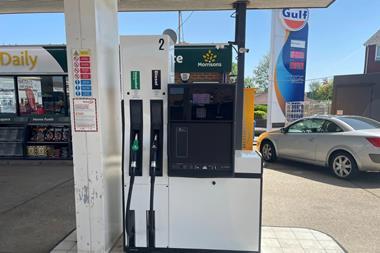
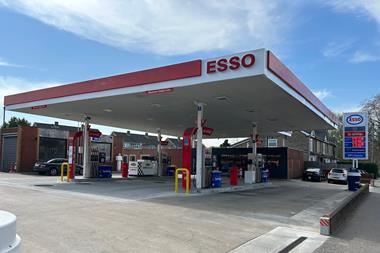
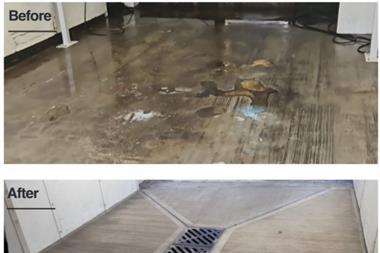
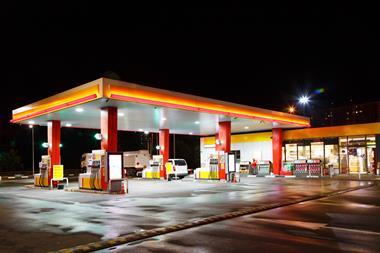
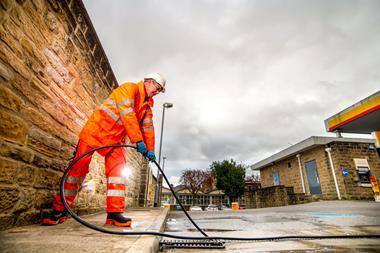
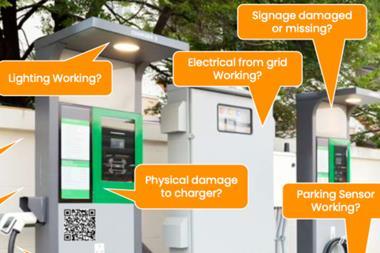
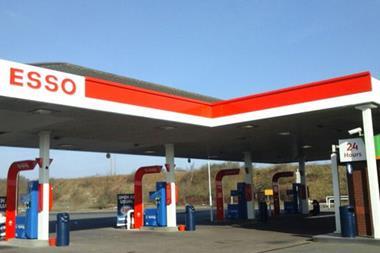
No comments yet